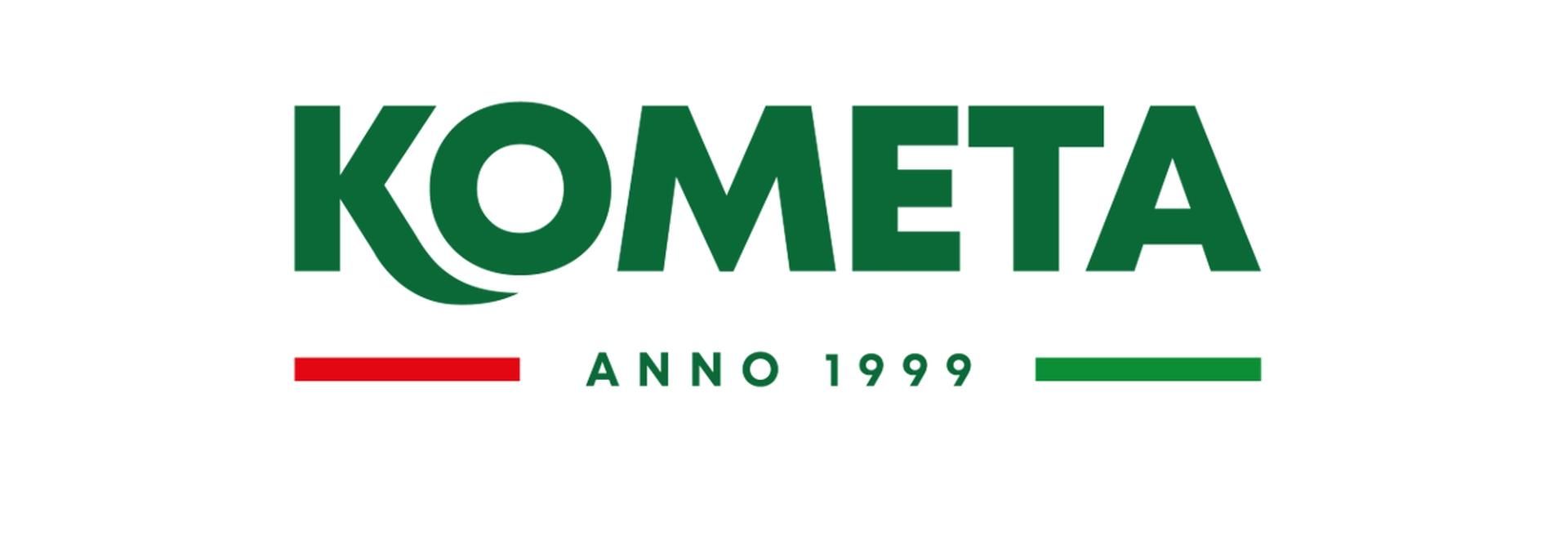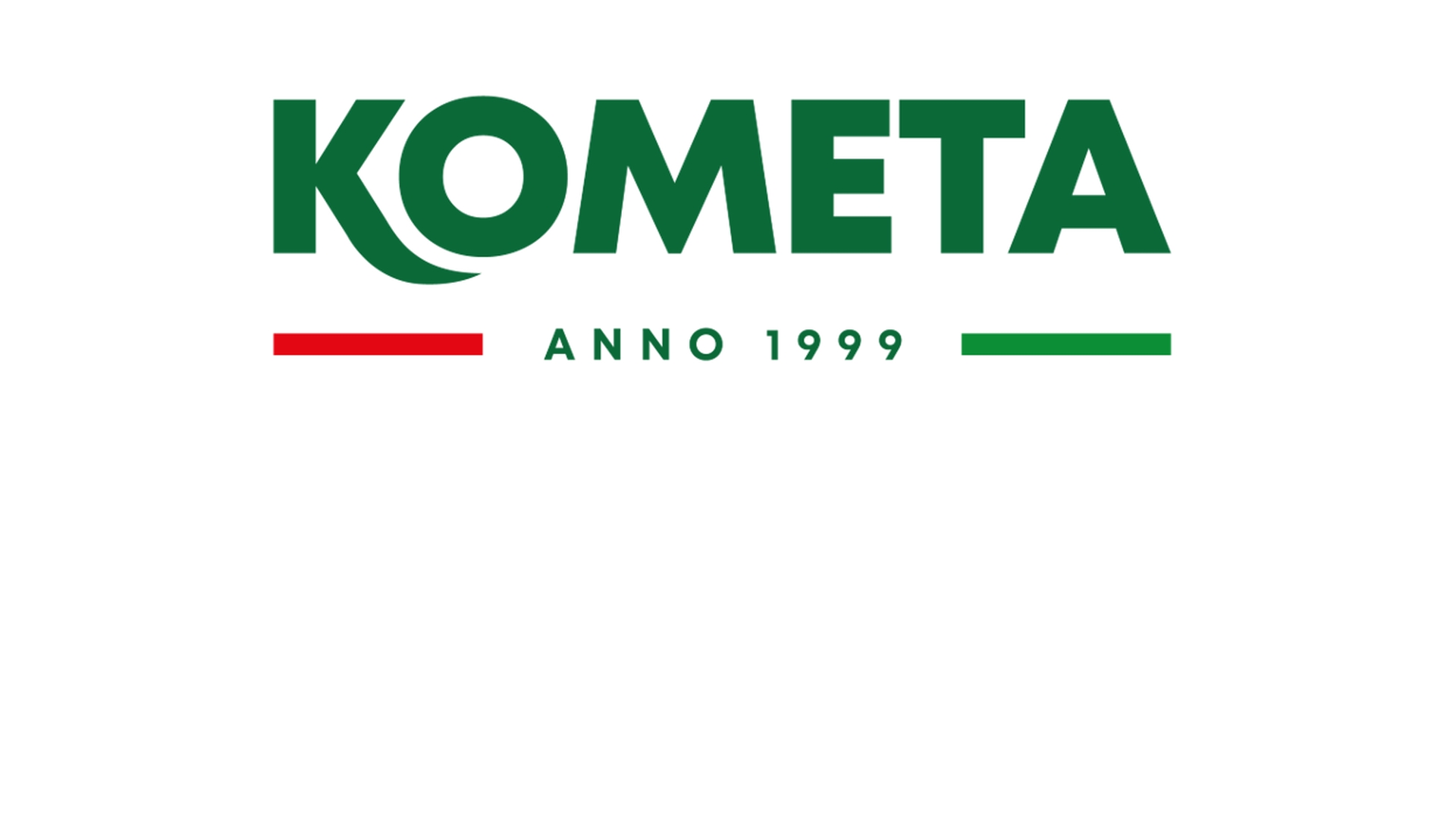
Pork processing Kometa established a by-product processing plant in Kaposvár - VIDEO REPORT
2021. 05. 17.

Kometa 99 Zrt., one of Hungary's largest and most up-to-date pork processing companies, established a by-product processing plant in Kaposvár. Thanks to the project, the processing of slaughterhouse by-products generated during the company's core business will be ensured. The system with an investment of almost HUF 1.4 billion allows processing of up to 15,000 tonnes of slaughterhouse by-products per year. The sales of processed by-products are expected to generate a surplus revenue of some HUF 600–700 million.
Kometa is one of Hungary's largest meat processing companies. The processing unit is unique in Europe, since all processes are under one roof, therefore, the environmental impact is almost zero. The annual production volume of the meat processing and preservation company exceeded 67 thousand tonnes in 2020, while the annual number of employees was close to 850 people. They currently cooperate with more than 760 partners. Among them are retail chains such as Lidl, Tesco or Auchan, but nearly half; i.e., 42% of their products are sold on foreign markets.
The new plant has cutting edge technology, which makes it possible to implement production programmes without human intervention. Its power supply is provided by a new boiler house technology. The aim of the investment was also to significantly reduce the environmental impact. The by-product plant comprises four blocks: raw material supply and transfer system, technological processing system, the high heat demand of which is met by a heat supply system and a system which eliminates the smell effect that arises during processing. Italian and Hungarian technology at the plant enables continuous production. Thanks to the investment, the company has created 6 new jobs.
The technology facilitates the production of pig animal protein flour and feed fat; thus, the protein flour is used as a raw material to produce animal food (currently for pet nutrition), industrial fats and oils are used by the chemical industry and the pharmaceutical industry, but they can also be utilized as fuel for cogeneration motors producing electricity, or also as animal nutrition. The quantity of 8,000 tonnes of slaughterhouse by-products currently processed can be increased to a total of 15,000 tonnes per year in the future.
Related articles
Sector articles
South Korea’s food industry giant, CJ Foods, has chosen Hungary as the site for its first Central and Eastern European production facility. The company, renowned for its global production and distribution of staple foods, appetizers, and ready-made meals, has ch...
2024. 11. 20.
Food Industry #Food IndustryThai President Foods, one of the largest players in the instant noodles market, is set to scale up its operation in Esztergom with an investment of more than EUR 45 million in a dedicated spice manufacturing plant and new production lines in order to expand in ...
2024. 09. 13.
Food Industry #Food IndustryHELL ENERGY Hungary Ltd., Hungary’s leading producer of energy drinks, iced coffee, and iced tea, has inaugurated its comprehensive capacity expansion project. Thanks to the EUR 228 million investment, the Szikszó plant is able to produce up to 4 billion beverag...
2024. 05. 24.
Food Industry #Food Industry